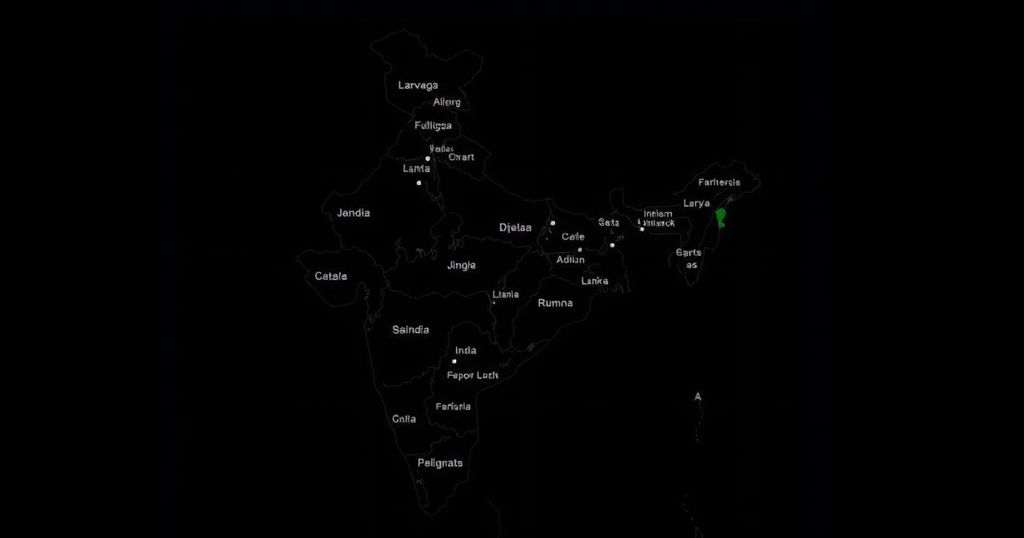India’s Diminishing Influence in South Asia Following Sri Lanka’s Presidential Election
The election of Anura Kumara Dissanayake marks a shift in Sri Lanka’s political landscape, reflecting broader trends of diminishing Indian influence in South Asia. With recent political changes in neighboring countries, primarily due to India’s security-focused foreign policy, there appears to be a growing skepticism among regional leaders towards New Delhi’s stance. This requires a recalibration of Indian diplomatic strategies to foster stronger ties based on respect and cooperation, rather than mere security interests.
The recent election of Anura Kumara Dissanayake as the new president of Sri Lanka highlights significant shifts in regional political dynamics, particularly concerning India’s influence in South Asia. Dissanayake’s rise, emerging from a movement rooted in anti-establishment sentiments, marks a departure from the previous administration led by Ranil Wickremesinghe, who was perceived as pro-Indian and skeptical of Chinese engagement. This transition has raised alarms in New Delhi, given Dissanayake’s historical party affiliations with anti-India campaigns in the past. The implications of this election are part of a broader trend where India is witnessing a gradual erosion of its relationships with neighboring countries. As exemplified by recent developments in Bangladesh, Nepal, and the Maldives, Indian policy appears increasingly misaligned with the evolving political realities of South Asia, leading to a perception of India’s diminishing power and influence in the region. Moreover, the Indian government’s focus on security-based diplomacy, rather than fostering genuine democratic engagements, has strained relations and aided in the rise of nationalist governments that may not align with New Delhi’s interests. While India boasts substantial soft power through its cultural exports, that influence is undermined by domestic narratives in smaller nations that often view India with skepticism. The political landscape continues to shift, calling into question India’s past strategies and its ability to engage effectively with its neighbors moving forward, as seen in Dissanayake’s election and broader regional trends.
The article discusses the election of Anura Kumara Dissanayake as the president of Sri Lanka, wherein a nationalist outsider has emerged victorious amidst a backdrop of public discontent and political upheaval. It contextualizes this election within a broader pattern of political changes across South Asia that potentially diminish India’s influence in the region. The author highlights how internal political movements, coupled with India’s foreign policy decisions—particularly its security-first approach—have led to a loss of goodwill among neighboring countries. The article examines the challenge India faces in maintaining regional stability while nurturing positive diplomatic ties with its neighbors. It also underscores the contrasting strategies employed by India and its neighbor China and suggests that India must recalibrate its approach towards regional partnerships that acknowledge the aspirations of smaller nations.
The emergence of Anura Kumara Dissanayake as the new president of Sri Lanka serves as a critical indicator of India’s waning influence in South Asia. This situation reveals significant gaps in Indian diplomatic strategies, particularly its reliance on security over cooperative democratic values. As countries such as Bangladesh, Nepal, and the Maldives experience political transitions that signify shifts away from Indian favoritism, New Delhi must reassess its relationships and invest in more sustainable forms of engagement that prioritize mutual respect and economic integration. Failure to adapt could see India further alienated as regional dynamics evolve.
Original Source: www.business-standard.com








Post Comment